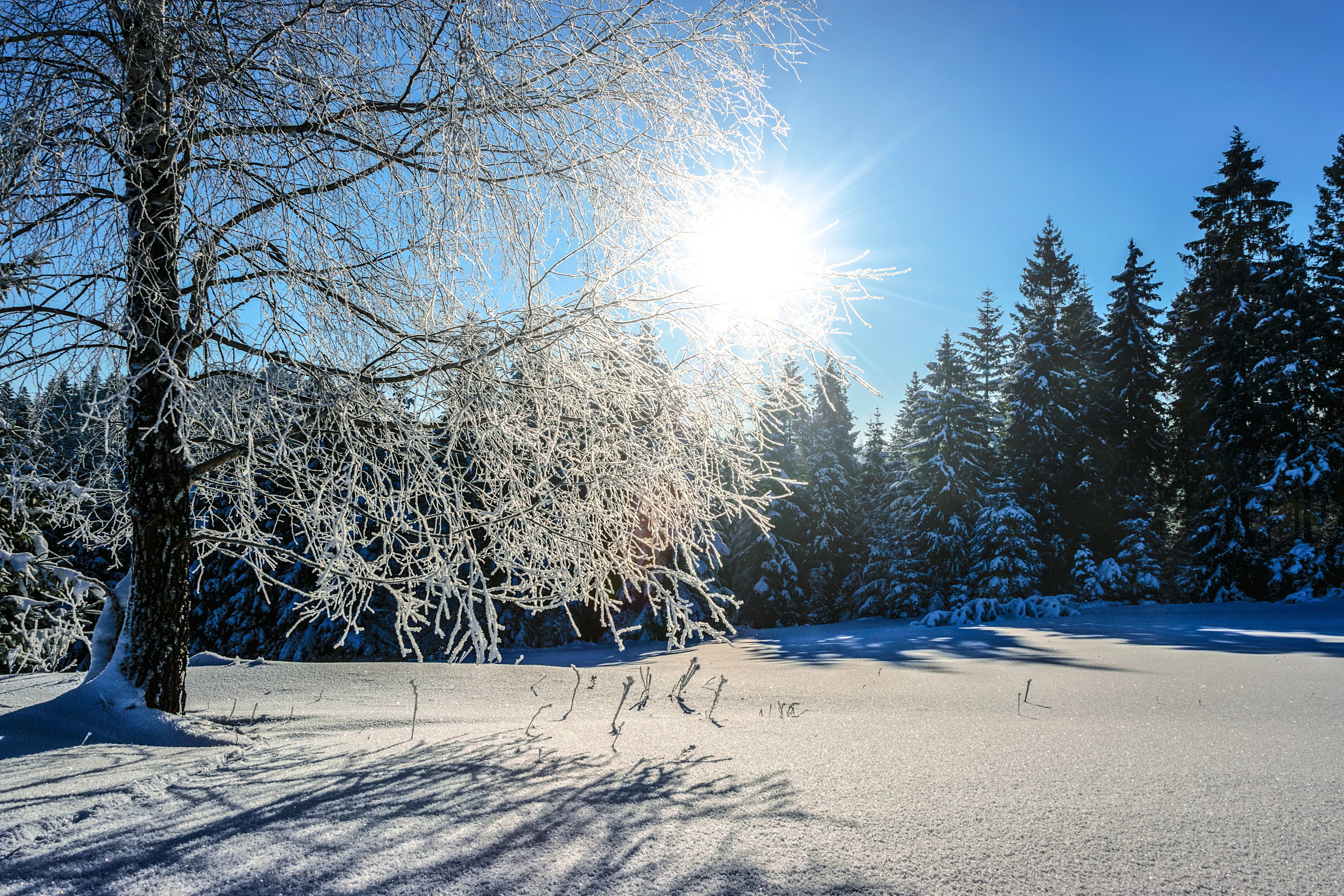
Seven weather terms the English language is badly missing
The English language isn't always up to the task of perfectly and precisely describing just what's going on outside.
When you live in a country with such extreme differences between peak summer and the depths of winter, talking about the weather becomes a fine art.
The English language is quite versatile when talking about exactly just how lousy it might be outside. But sometimes, our feelings toward the weather are just too big for English to handle, and we're forced to turn to other languages for a boost.
Apropos, here are seven foreign weather words we really need to incorporate into English as we gradually inch toward wintertime.
HYGGE

You’ve seen this Danish word (pronounced something like “hooga”) bandied about more and more over the years, with many claiming it's the secret to the Danes’ famous contentment with life, despite their country's cold northern location.
In a nutshell: You know that feeling of cosiness and security that envelopes you when you are indoors with good food, good company, warmth and maybe a little candlelight, shielding you from the dark and cold outdoors like a womb? The Danes thought that was so important to the national wellbeing, they came up with a specific word for it.
It needn’t just be an indoor thing. It seems that, technically, ANYTHING that helps keep the winter blues at bay can qualify, and visitdenmark.com says the right lighting and a cup of traditional mulled wine can make Hygge extend even to the streets of Copenhagen in December.
SOARE CU DINTI

"Soare cu dinti" means, appropriately from the land of Dracula’s namesake, “sun with teeth,” and you’ve experienced it yourself, many times.
Imagine: It’s a lovely January day, and the sun is shining outside. Anxious to keep your burgeoning case of Seasonal Affective Disorder at bay, you grab your coat and step outside to soak up some of that precious vitamin D.
Once outside, you get the sun all right, but you also get the cold stabbing sensation of an unexpected wind and -20°C temperatures. If there’s fresh fallen snow and the angle is just right, you might feel the same sensation you’d get if you’re at the beach on a windy day and the sand is blowing in your face.
UTEPILS

There are few things Canadians cherish more than patio weather, especially its return after a long and lousy winter.
If you’re one of those whose spring rituals include some suds on an outside deck for the first time in months, the Norwegians have you covered with “utepils.”
It technically means something like “beer that is enjoyed outside on a sunny day”, though for some, the term has come to take on a special meaning come springtime.
WINTERCEARIG

Chaucer fans will have a better chance than we would at pronouncing this gem from Old English, but from what we understand, it means something like “winter care” or “winter sorrow.”
In modern English, we’ve the colloquial “winter blues” or more clinical “Seasonal Affective Disorder”, or SAD, but our Old English-speaking ancestors apparently felt it so bleakly they invented a specific word for it that evokes a deep, gnawing sadness brought on by the season, beyond simply feeling down.
DREICH

Another one from across the pond, this time from Scotland, where it seems the misery of the wetter seasons appears to warrant some special attention.
“Dreich” is the specific word for cold, wet and otherwise lousy weather, so it would be right at home here in Canada, where days at a time of dreary and clammy conditions isn’t out of the ordinary, depending on what province you are in.
And it’s not a fringe word either. Dreich topped a 2013 poll by the Scotsman newspaper on readers' favourite words, pulling in 23 per cent to edge out ‘glaikit’, meaning stupid, which managed 20 per cent.
ZHAGHZHAGH

This one comes from Persian, and it seems Iran has no shortage of the kind of cold you’d need to come up with a specific word for a particular winter woe.
If you’ve ever had to wait for the bus in -30 or -40 windchills, you’ll feel this one. Zhaghzhagh is the word for when your teeth are chattering uncontrollably with cold (some translations we found also extend it to cover teeth chattering with fury, which would seem appropriate as well).
GUMUSSERVI

Here’s one to take your mind off the bleakest season and turn your thoughts to the summer you left behind, and the one that is to come.
"Gumusservi," from Turkish, is the term used by the Turks for moonlight shining on the water. It’s strange that only one culture (that we know of) should be so moved at the sight as to deem it worthy of a specific word, but anyone who’s enjoyed a warm night with the moon shining off the lake at the cottage would understand exactly where they’re coming from.
SOURCES: visitdenmark.com | Enthusiast's lexicon | Unused words | Bustle | Mental Floss | The Scotsman










